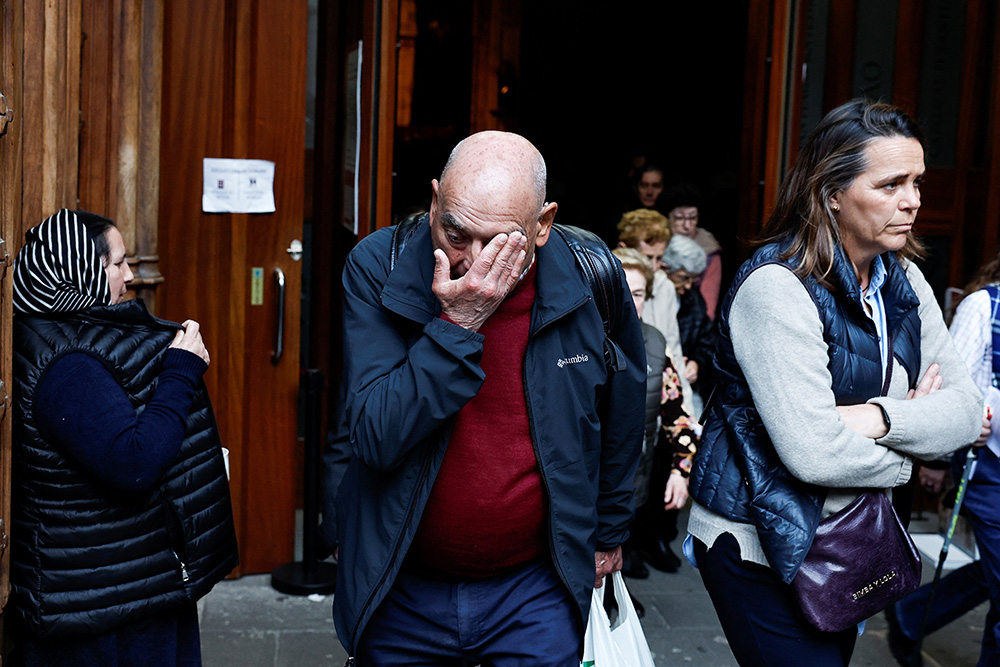On April 23, the Spanish government approved a financial compensation plan for victims of sexual abuse by priests and Catholic church officials.
Félix Bolaños, Minister of the Presidency and Minister of Justice, said the plan follows a 2023 report by Spain's Ombudsman aimed at “preventing, remediating and resolving debts with victims” of sexual abuse within the church. He said that this was in accordance with the recommendations based on the book.
“It is essential that the church takes responsibility,” Bolaños told reporters at a press conference on the morning of April 23.
Spain's ombudsman Ángel Gabilondo concludes in a report that approximately 440,000 adults in Spain may have been sexually abused by church officials, and that approximately half of these crimes were committed by clergy. Ta.
Bolaños said the compensation will be funded by the church.
However, the Spanish Bishops' Conference rejected the plan in a statement on April 23, saying it discriminated against victims who were not members of the Church. “The Church cannot accept a plan that discriminates against the majority of victims of sexual abuse,” the bishops said.
Details such as how much the financial compensation will be and when it will be paid have not been disclosed. Neither had a date set for approval of the public act.
Bolaños said the plan “settles debts with victims who have been forgotten for decades, and which our democracy now aims to repair.” The aim is to put this at the center of government policy, he said.
According to the minister, the concrete measures will be based on the five key elements recommended in Angel Gabilondo's report: recognition and reparation, victim care, prevention, training and awareness, and incident information and investigation. It is said that he will follow. The plan also refers to holding public events aimed at “symbolic reparations” and “adequate material reparations” for victims who did not have “opportunities for reparations in the judicial field.” .
During the press conference, the presidential minister revealed that he had already spoken with church officials. “Last week, I had the opportunity to meet with the new president of the conference (Bishop Luis Argüero of Valladolid). I hope that the government can work with the Catholic Church to provide reparations for these sexual abuses.” He also said that “this dialogue must continue” to shed light, especially on decades-old cases with “evidential difficulties” and “obvious statutes of limitations.”
Bolaños added that the Catholic Church recognizes “the existence of these abuses” and stressed its “willingness to cooperate.”
Meanwhile, the Spanish Bishops' Conference said in a subsequent statement that “the actions that the Church has taken against sexual abuse are to a large extent consistent with the five axes of action proposed by this plan.” Ta. In a video message from Auxiliary Bishop Cesar García Magan of Toledo, Secretary-General of the Bishops' Conference.
However, the bishops said in a statement that “focusing only on the Catholic Church[the government]only addresses part of the problem” and excludes victims of perpetrators outside the church, adding that in Spain “10 He pointed out that “9 victims of the 2011 attack'' were excluded. .
Spain's bishops say the financial compensation plan is a “public and discriminatory accusation by the state” that it has suffered “partial” damages and “hides very large social problems”.
Despite these reservations, Magan clarified that, in any case, “the Church remains committed to accepting, accompanying and compensating all victims of sexual abuse.”


